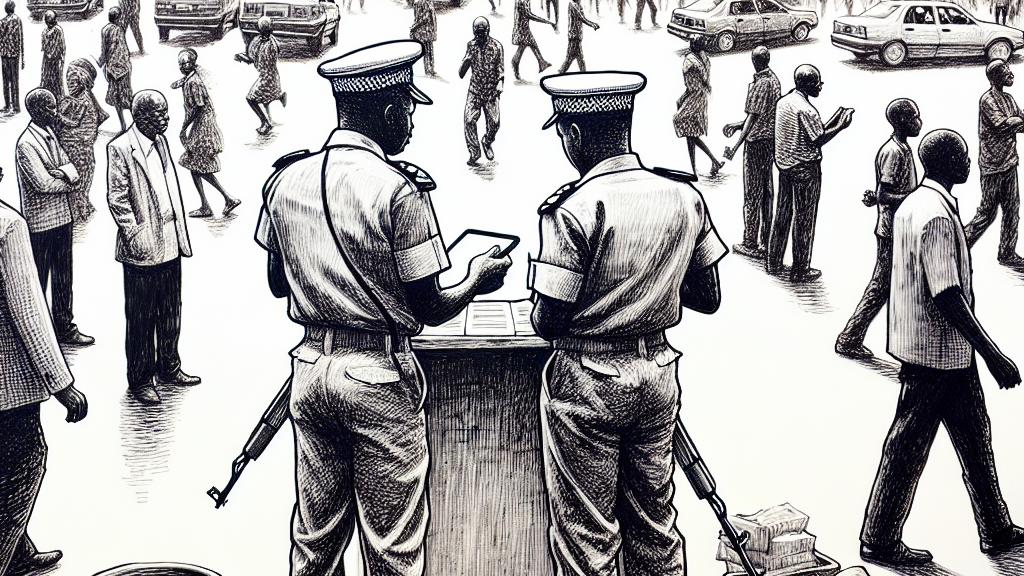Zimbabwe Enforces Mobile Phone Ban for Police Officers on Duty
Overview
- In a surprising move, Zimbabwe has enacted a ban on police officers using personal mobile phones while on duty.
- This policy requires officers to hand over their devices at the station, with phone use limited to official breaks, enhancing oversight and accountability.
- The ban follows a bribery scandal that exposed widespread corruption, reflecting the government's commitment to curbing unethical practices within the police force.

The Context of the Ban
In a significant policy shift, the Zimbabwean government has mandated that police officers refrain from using personal mobile phones during their shifts. As soon as officers arrive at their stations, they are required to surrender their devices, which can only be retrieved during designated breaks. This decision stems from a recent incident that captured intense public attention: two traffic enforcement officers were filmed accepting bribes in Harare, generating outrage across social media platforms and raising serious questions about police integrity.
Understanding the Rationale Behind the Policy
Although the official memo detailing the ban does not provide explicit justifications, it is widely perceived as a strategic effort to confront endemic police corruption. The police force in Zimbabwe has long been marred by issues of misconduct, fueled by inadequate salaries and difficult working conditions. By implementing such a ban, the government aims not only to reinforce discipline within the police ranks but also to restore public confidence in law enforcement. After all, if officers are focused entirely on their duties, free from the distractions of personal communication, the public may begin to see tangible improvements in police conduct.
Broader Implications for Democracy and Civic Engagement
However, the ban on mobile phones is just one piece of a larger puzzle involving civil liberties and government authority in Zimbabwe. Reports have surfaced indicating that alongside this policy, the police have been restricting feedback meetings for the opposition party, Citizens Coalition for Change, as they prepare for upcoming elections. Such restrictions not only stifle democratic engagement but also create an imbalanced political landscape that favors the ruling party. Therefore, it is crucial for citizens and civic organizations to advocate for a transparent and accountable government, ensuring that rights and freedoms are protected, even in the face of efforts to maintain order.

Loading...